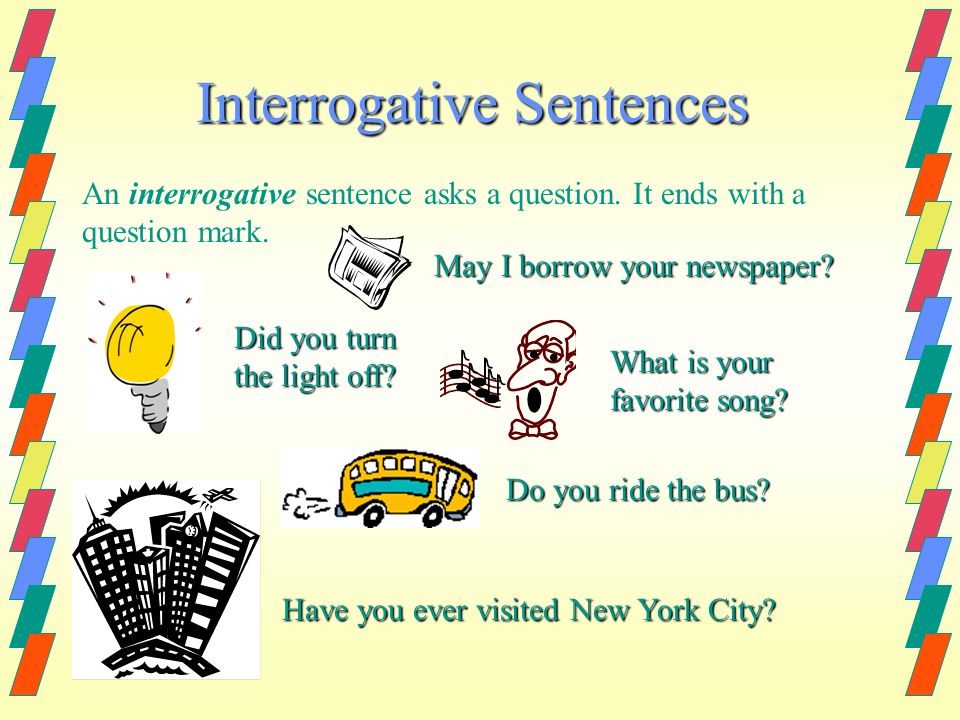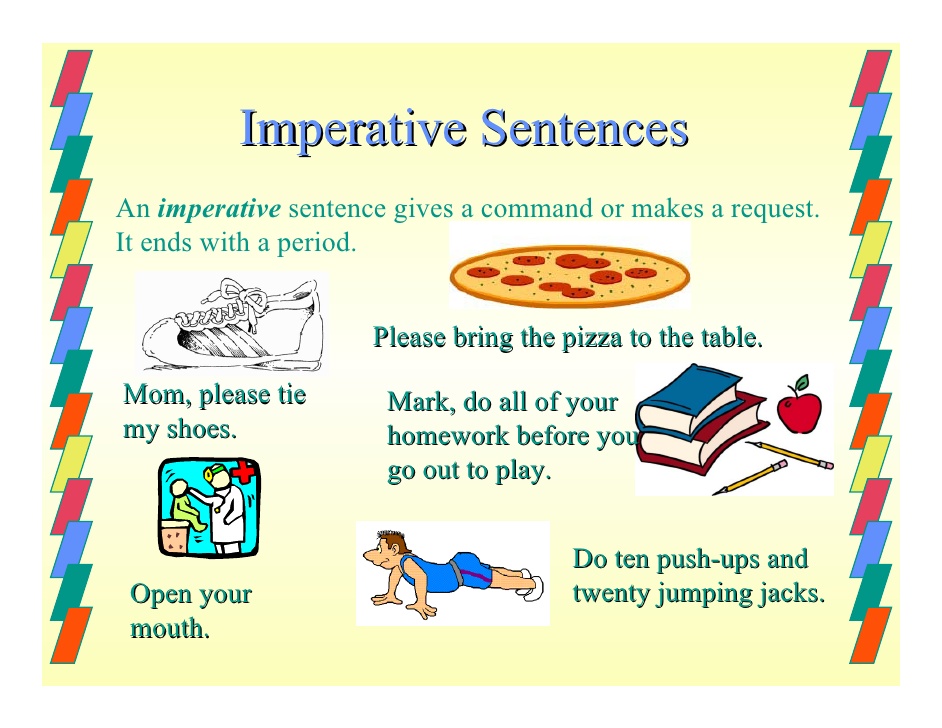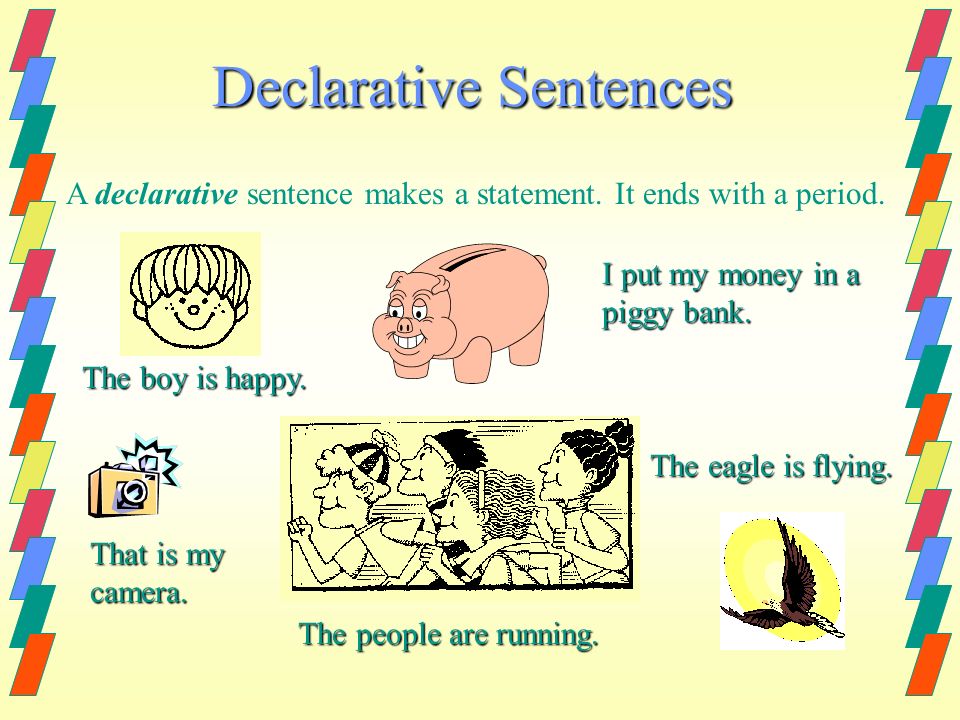An exclamatory sentence, or exclamation, is a more forceful version of a declarative sentence. In other words, an exclamatory sentence makes a statement (just like a declarative sentence), but it also conveys excitement or emotion. An exclamatory sentence ends with an exclamation mark (!) Exclamatory sentences are common in adverts and informal correspondence (e.g., emails, texts). They are quite rare in business correspondence, where a level head usually needs to be portrayed.
Examples of Exclamatory Sentences
Here are some examples of exclamatory sentences:
-
- You were meant to be back yesterday! (expresses anger)
-
- Jeepers! You scared the life out of me! (expresses surprise)
-
- We won! (expresses happiness)
-
- This puzzle is driving me up the wall! (expresses frustration)
-
- You’re adorable! (expresses love)
-
- It’s a boy! (expresses joy)
-
- I’m really going to miss this place! (expresses sorrow)




